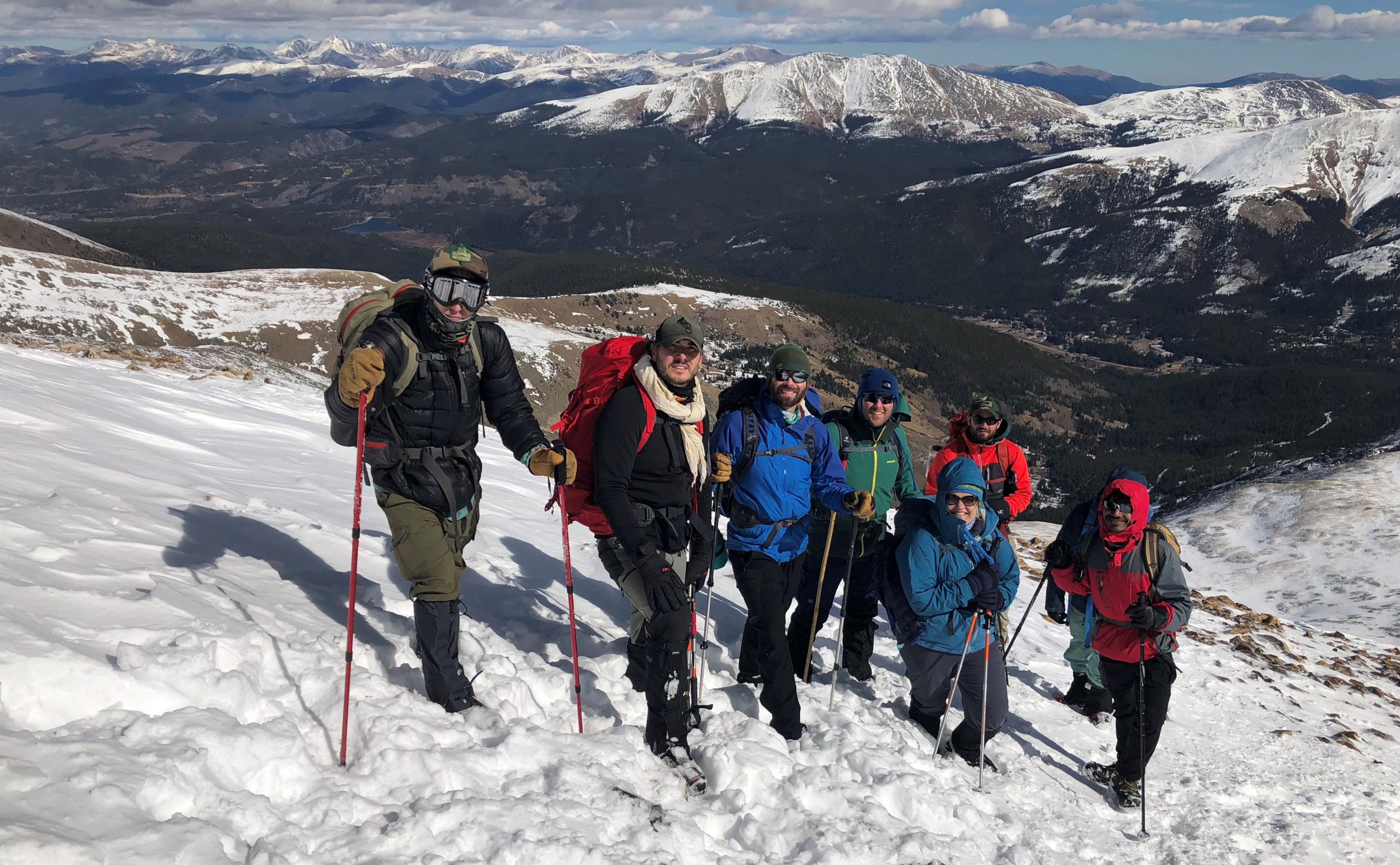2026-2027 Fulbright-Kalam Fellowships for Doctoral Research
The Fulbright-Kalam Doctoral Research Fellowships support long-term capacity building in India and the U.S. to address environmental and sustainability challenges. Selected scholars will have the opportunity to conduct research on climate-related issues, audit non-degree courses at U.S. academic institutions to enhance their knowledge, and gain practical work experience in relevant settings in the U.S. These fellowships are designed for Indian scholars who are registered for a Ph.D. at an Indian institution and are awarded for six to nine months.
Fields include, but not limited to:
Clean energy technologies and energy transition; climate and health; sustainable finance; environmental justice and equity; resilience, mitigation, and adaptation strategies; climate-smart agriculture; climatology; critical and emerging technology (including applied AI for environmental sustainability, harnessing high-performance computing/quantum computing for mitigation strategies, and biotech applications); critical minerals supply chains; disaster resilience; green mobility; sustainable buildings and construction; oceanography; renewable energy; and sustainability.
The applicant will be affiliated to one U.S. host institution. USIEF strongly recommends all applicants to indicate affiliation preference, and to correspond, in advance, with potential host institutions. If the applicant has secured a letter of invitation from a U.S. institution, they must include it as a part of the online application.
The fellowships provide J-1 visa support, a monthly stipend, Accident and Sickness Program for Exchanges per U.S. Government guidelines, round-trip economy class air travel, applicable allowances and modest affiliation fees, if any. No allowances are provided for dependents. The grant is not sufficient to support family members.
In addition to the General Prerequisites
- This grant is intended for Ph.D. students to conduct research essential to their dissertations/thesis. Therefore, the expected Ph.D. thesis submission date should at least be three months after the Fulbright-Kalam grant end date. For example, if May 2027 is the grant end date, the applicant cannot submit their thesis before August 2027. Please indicate the Ph.D. registration date and the expected Ph.D. thesis submission date in the Applicant Annexure.
- The applicant should a provide clear justification on the need for undertaking research in the U.S. and the U.S. institution identified for the research. They should have done reasonable study pertaining to their research objectives, especially in the identification of resources in India and the U.S.
- Applicant must be registered for Ph.D. at an Indian institution on or before November 1, 2024. On the online application form, one of the recommendation letters must be from the Ph.D. supervisor that comments on applicant’s research, need for the fellowship, and must indicate the Ph.D. registration date and topic;
- If the applicant is employed, they must follow the instructions carefully regarding employer’s endorsement. If applicable, please obtain the endorsement from the appropriate administrative authority on the FKDR Employer’s Endorsement Form. The employer must indicate that leave will be granted for the fellowship period; and
- The applicant must upload a copy of the original published/presented paper or extracts from the Master’s/M.Phil. thesis on the online application form (not exceeding 20 pages).
- Government of India and Indian State Government employees are not eligible for any Fulbright-Nehru or Fulbright Kalam Fellowships. This does not include faculty or staff at Central or State universities or colleges.
Note: These fellowships are for pre-doctoral level research. Applicants with Ph.D. degrees or those at the final stage of Ph.D. thesis submission will not be considered.
- Applications must be submitted online at: https://apply.iie.org/ffsp2026
- Please carefully review the Application Instructions before starting your online application.
- Please refer to the Applicant Checklist before submitting the application.
- In addition, you must complete and upload the FK-DR Applicant Annexure and Employer’s Endorsement Form (if applicable) and upload on your online application.
Timeline and Placement Process
| July 15, 2025 | Application deadline |
| September 2025 | Experts review applications |
| Mid-October 2025 | USIEF informs the applicants about the review outcome |
| Mid-November 2025 |
Interviews of short-listed candidates |
| Late November 2025 | USIEF notifies principal and alternate nominees. |
| December 2025 | USIEF forwards applications of recommended candidates to the U.S. for J. William Fulbright Foreign Scholarship Board (FFSB) approval and placement |
| March/April 2026 | USIEF notifies the finalists about the FFSB approval |
| May/June 2026 | Pre-Departure Orientation |
| August/September 2026 | Program begins |
For any queries contact: ffsp@usief.org.in
Application Deadline: July 15, 2025, 23:59:59 hrs (IST)
IMPORTANT:
- You can apply for only ONE Fulbright-Nehru fellowship category during a competition cycle.
- Candidates cannot apply for Fulbright-Nehru and Fulbright-Kalam grants in the same academic year.
- Plagiarism in the application will lead to disqualification. Some US universities and colleges have developed and published policies on the use of generative artificial intelligence (GenAI) on applications for admission or affiliation with their institution. Some institutions may scan applications for the use of language produced by GenAI. While individual institutional policies range widely and policy responses from US universities will continue to evolve, copying language/content produced by GenAI directly into your application may negatively impact admission or affiliation decisions.
- Applications received after the deadline will NOT be considered. Incomplete applications will be rejected.
- Extensions and Transfer of visa sponsorship will not be permitted.
- Prospective Fulbright participants should be aware that public health conditions, availability of consular services and travel, as well as U.S. institutional operating status and policies may affect their ability to travel to the U.S. and participate in academic programs.
Applications submitted prior to February 3, 2025 will NOT BE considered.

